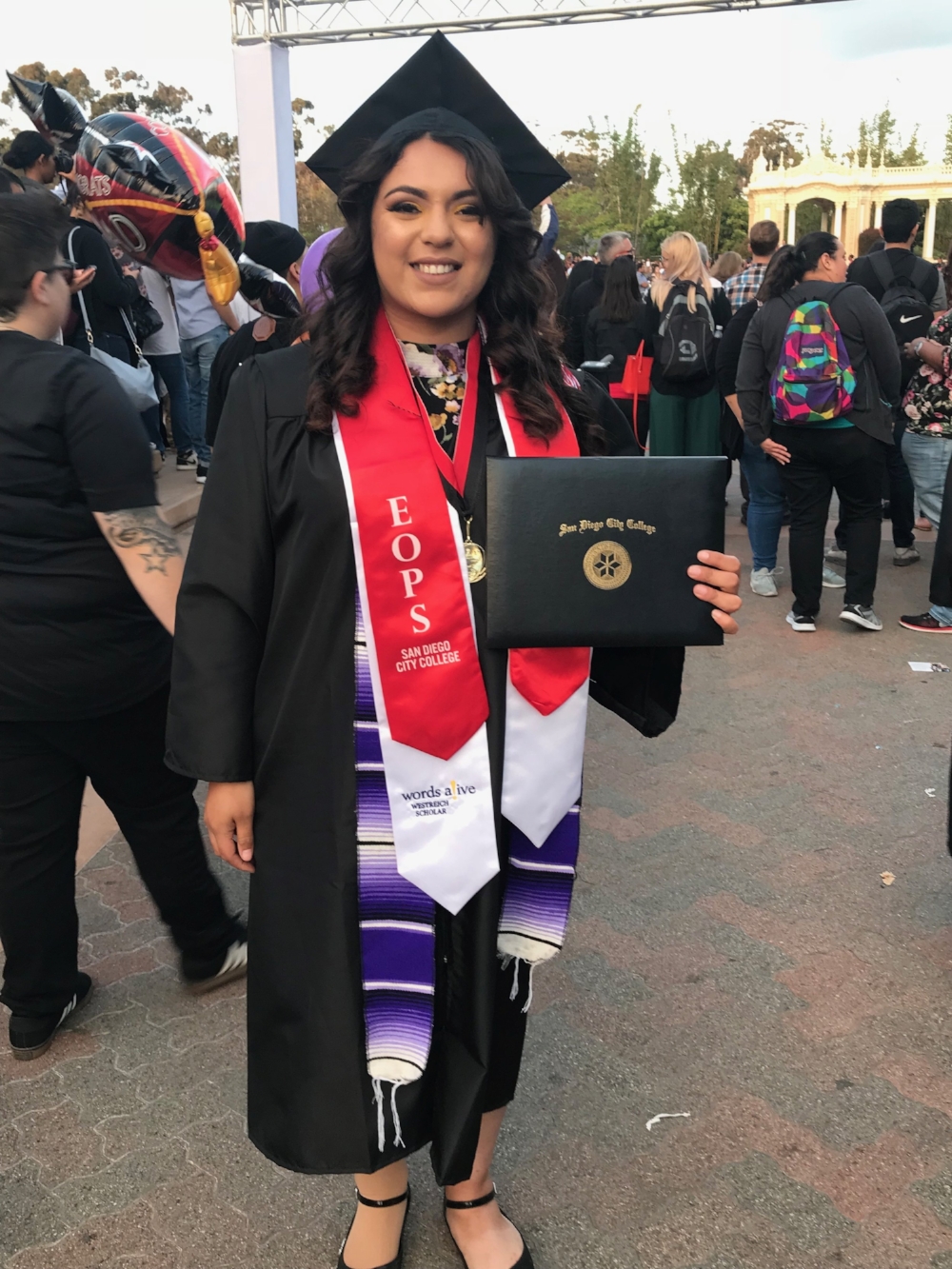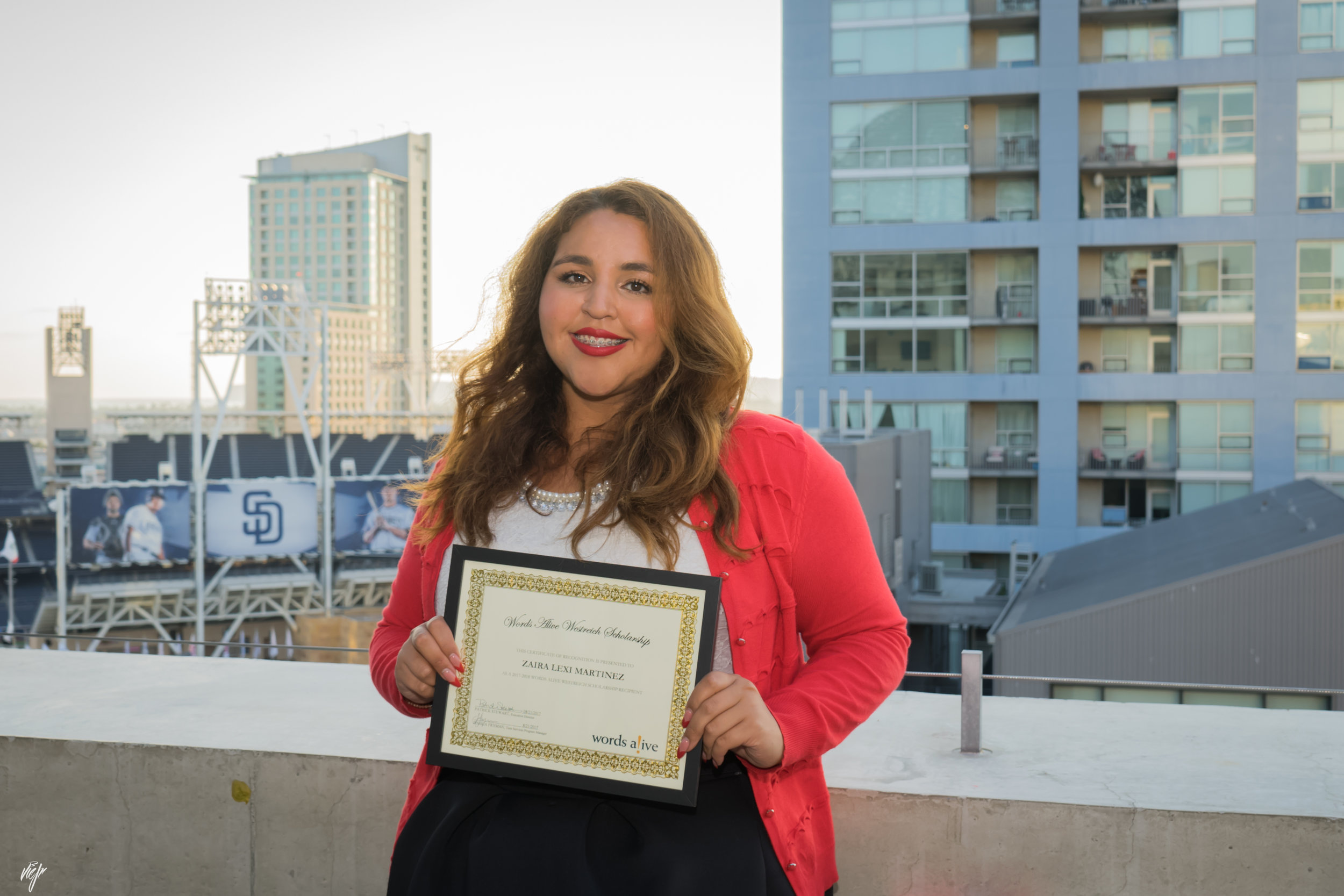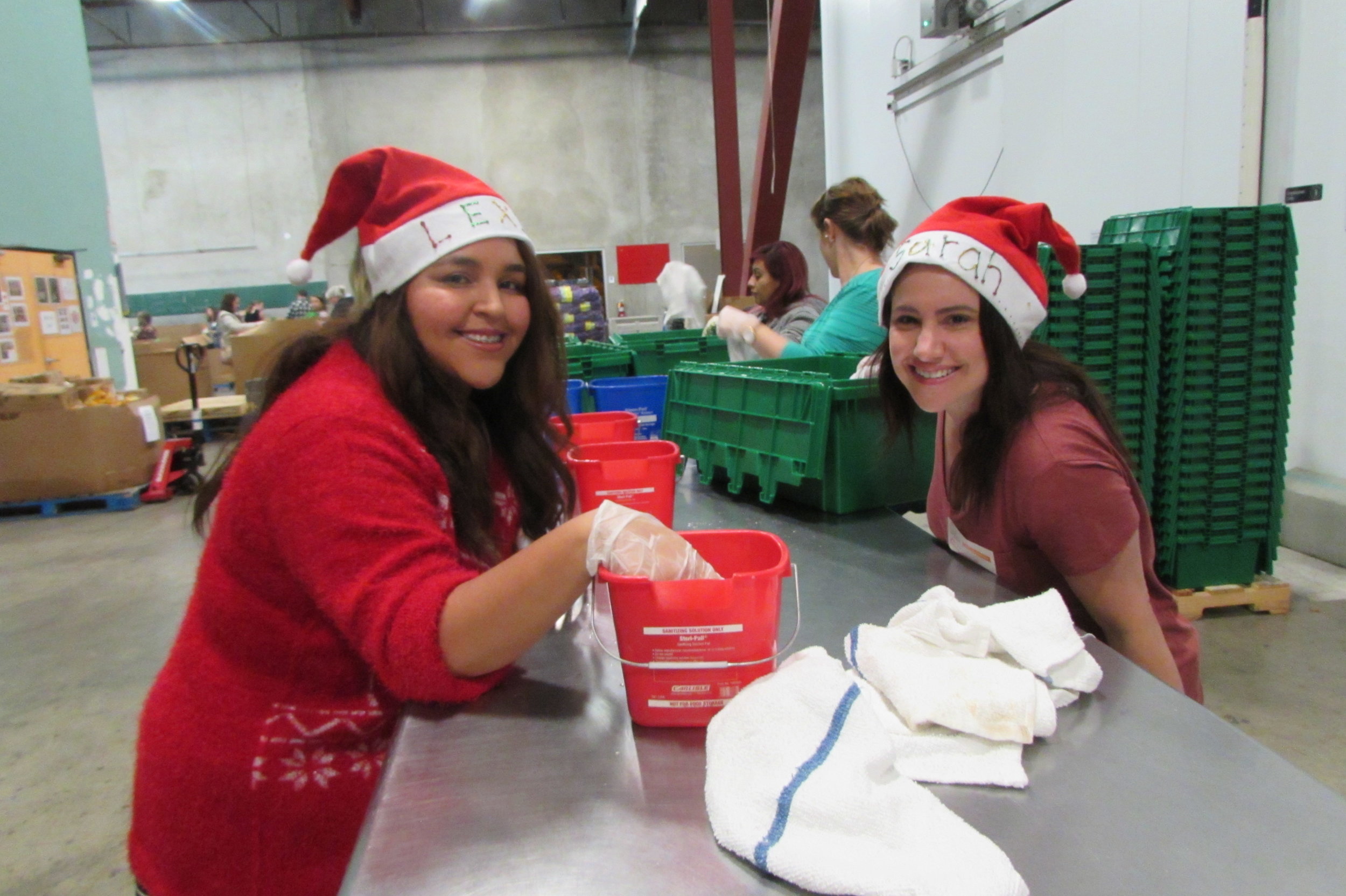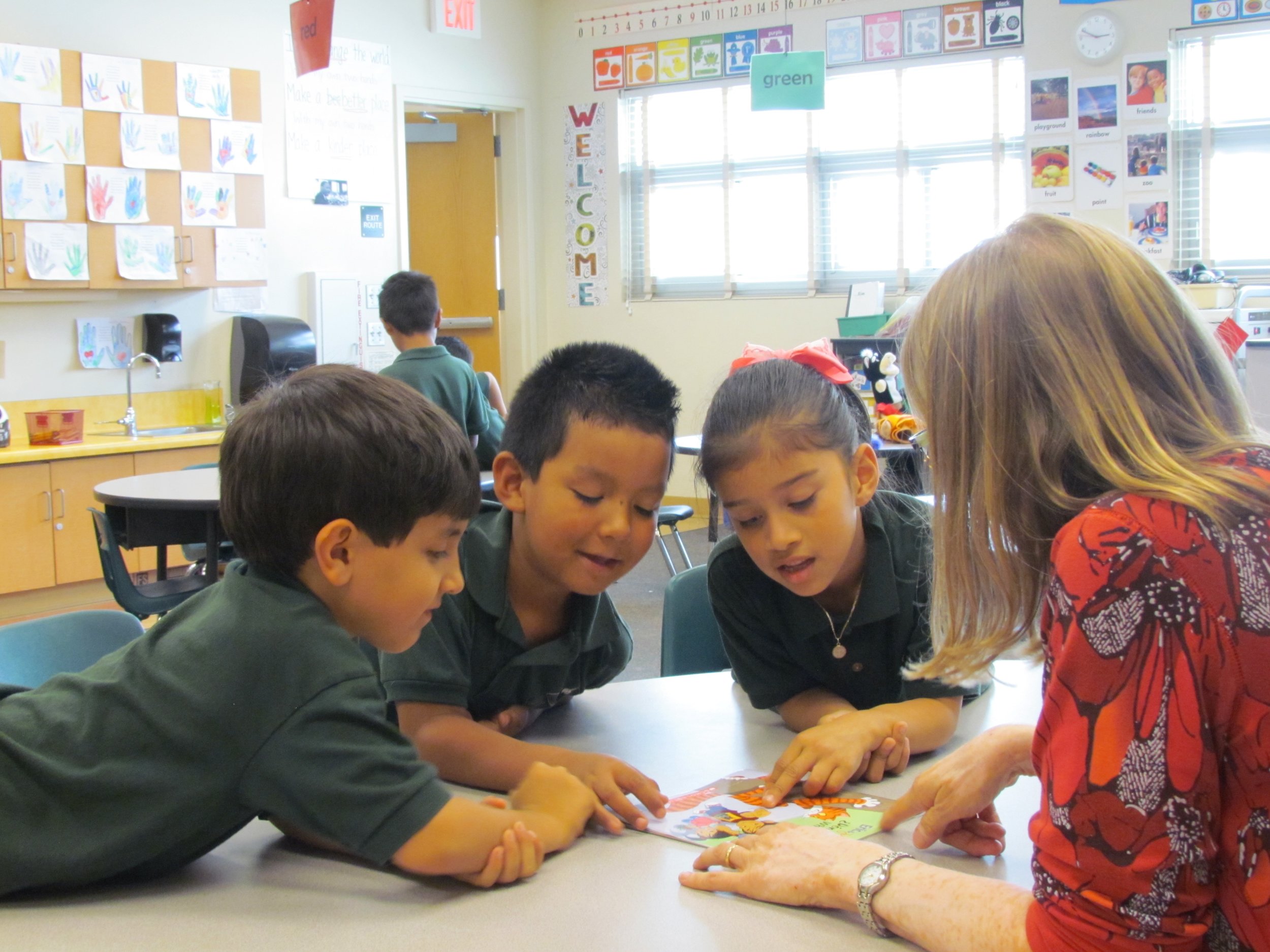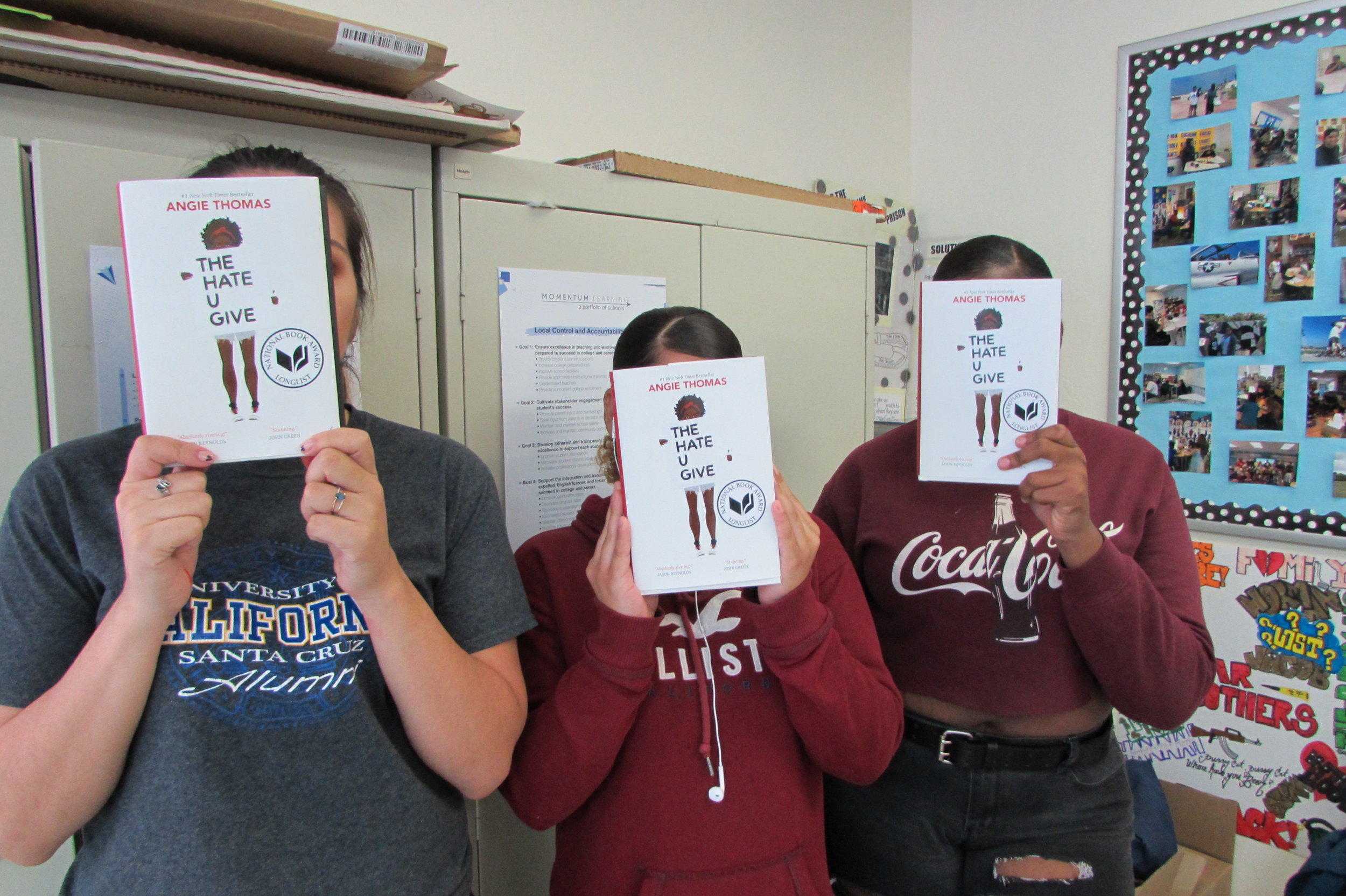By Jennifer Van Pelt
A Words Alive graphic that says, "Literacy is the foundation of community and economic development. When everyone can read, whole communities thrive. We read to live full, independent lives. We read to...." The following list includes statements such as "apply for jobs that pay a living wage", "advocate for our families", and "vote or write to our elected officials."
A lawsuit filed in 2016 to establish literacy as a U.S. Constitutional right was struck down by a federal judge last month. The suit argued that Detroit students are excluded from the state’s education system, thus violating their rights under the due process and equal protection clauses of the 14th Amendment of the Constitution. These clauses say that no state can deny any person life, liberty, or property without due process of the law and also prevents states from denying equal protection of the laws to any person.
An article from the Detroit News details the fact that though the Constitution does not explicitly guarantee the right to education, the Supreme Court has not confirmed nor denied it either. The judge also wrote that the case needed further supports to prove their case, which leaves room for this case to come back and be tried later to help support students from Detroit and across the nation.
Why Is This Case So Important?
In 2017, the US Department of Education found that 65% of fourth-grade children nationwide were not proficient in reading. When so many children have fallen behind before they are halfway through their schooling, it is difficult for them to successfully continue and complete their education. When looking at the high school completion rates, the National Center for Education Statistics states that for the 2015-2016 school year, 1 out of 6 students failed to graduate with a high school diploma within 4 years of starting 9th grade.
Without a high school diploma, finding a job that pays a living wage is increasingly difficult. According to the Bureau of Labor Statistics for 2017 data, a full-time worker without a high school diploma earns a median weekly wage of $515, while a worker with a high school diploma earns $718. When these individuals are successful in high school and have the skill set to pursue higher education, they earn a median salary over double that of someone who didn’t complete high school: $1,189 weekly wages for those with a bachelor’s degree. This demonstrates how the literacy skills that are taught in early years of school can lay the entire foundation for the future of a child’s life. Currently, about 20% of adults in the United States are not earning a salary considered to be “a living wage.” Furthermore, applying for jobs and filling out employment forms also require reading and writing skills, making it difficult for these individuals to improve their situation.
A picture of a child in our Read Aloud Program holding the book "Are You My Mother?" while smiling.
By failing to provide the proper education for these children, the government may experience higher costs in healthcare as well. Literate adults have the knowledge and skills to seek out more preventative forms of healthcare including contraception use. According to debt.org, it is estimated that $18 billion could be saved annually if patients who have non-urgent/avoidable medical concerns were to take advantage of preventative health care instead of relying on emergency rooms for their medical needs. Emergency rooms are required by federal law to provide care for all patients, despite if they have insurance or are unable to pay, meaning that it is a popular choice for those who are disadvantaged.
There are countless more studies that show that illiteracy is connected to other undesirable life outcomes, including incarceration and reliance on public assistance programs. To illustrate, 3 out of 5 people in American prisons can’t read, and once they do leave the prison system, there aren’t any programs that allow them the opportunity to learn how to read in order to properly apply for a job. According to an article on The Observer, arming inmates with a solid education is one of the surest ways of reducing the rate at which they end up back behind bars after being released. The prison system is beginning to make moves to address these issues, but the real change needs to happen before these individuals are incarcerated by providing them with the education and tools to develop a healthy, independent lifestyle.
At Words Alive, we’ve created a “Why Literacy Matters” graphic (included above), illustrating how literacy is present in daily life and how necessary literacy is for living a full and independent life. Declaring literacy as a constitutional right would make these day to day tasks possible for everyone, allowing them to create a life for themselves that they are able to choose. Providing high-quality literacy education and opportunities at the beginning of these children’s lives is the start to building a generation that is able to accomplish their goals and achieve heights their parents were not able to. Because literacy tends to be “passed down”, meaning that it is difficult for an illiterate guardian to help a child read or do homework, it is important that the children today have the proper education and the right to break this cycle of illiteracy.
If you are interested in helping the literacy cause closer to home in San Diego, visit our volunteering page here.
Sources:
https://amp.detroitnews.com/amp/747738002
https://www.debt.org/medical/emergency-room-urgent-care-costs/
https://nces.ed.gov/programs/coe/indicator_coi.asp
http://observer.com/2017/07/prison-illiteracy-criminal-justice-reform/








